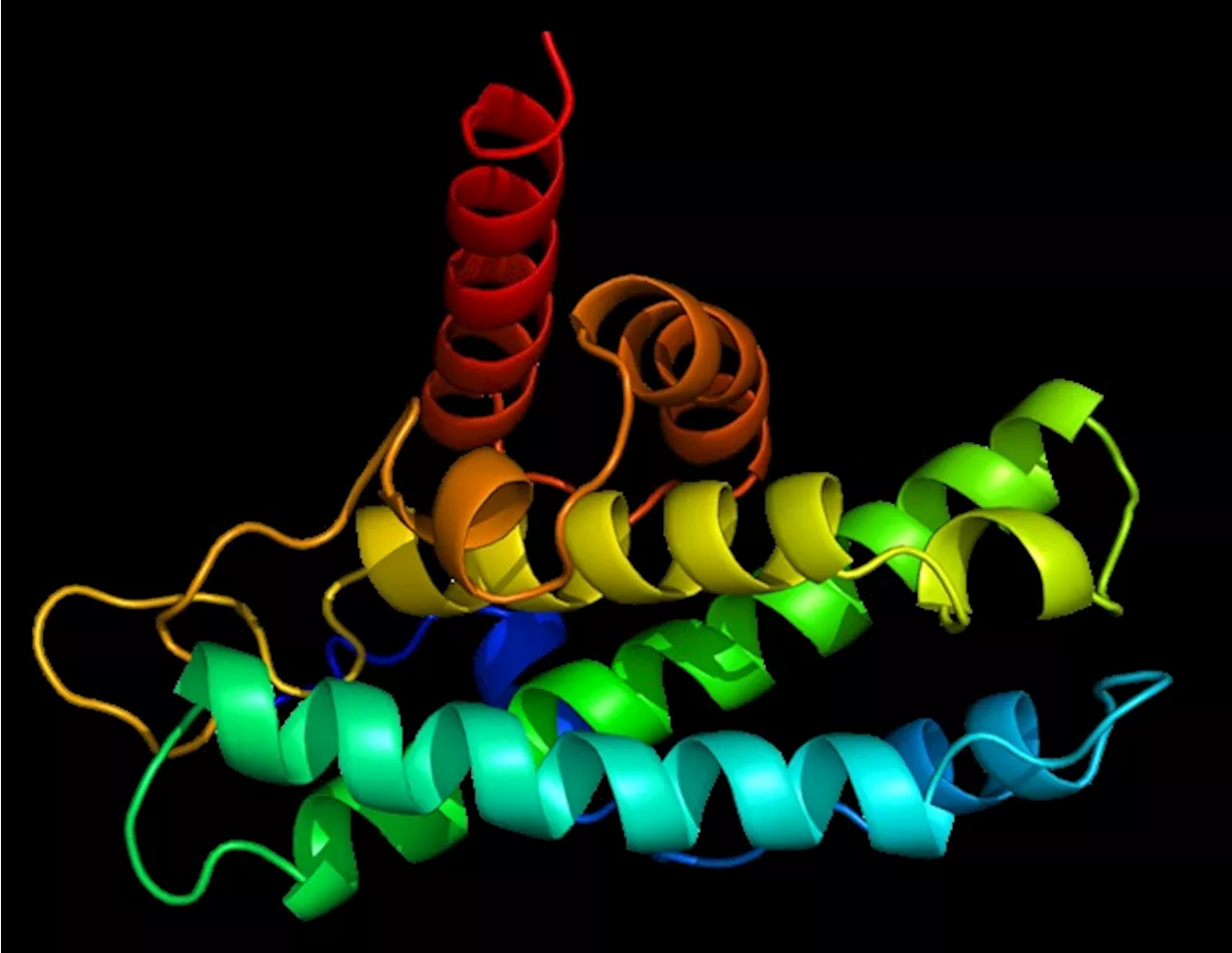Study finds that higher dietary intake of flavonol is linked to reduced all-cause mortality and lower risk of Alzheimer's disease, cancer, and cardiovascular disease in US adults.
By Dr. Sushama R. Chaphalkar, PhD.Feb 26 2024Reviewed by Susha Cheriyedath, M.Sc. In a recent prospective cohort study published in the journal Scientific Reports, researchers investigated the association between flavonol intake and cause-specific and all-cause mortality risk in adults in the United States.
Background Flavonoids are biologically active polyphenolic compounds found in various plant-based foods. Among the six subclasses of flavonoids, flavonols are the most prevalent and active. Primary flavonols like quercetin, kaempferol, myricetin, and isorhamnetin are abundant in tea, onions, and berries.
Flavonol-rich About the study The study included 11,679 individuals aged≥ 20 who completed questionnaires, in-person assessments, and laboratory tests. The exclusion criteria were lack of flavonol intake and missing basic and demographic information. Flavonol intake data for the present study were derived from the US Department of Agriculture Survey Food and Beverage Flavonoid Values database .
Results and discussion Participants with the highest total flavonol intake tended to be male, younger, Non-Hispanic White, married, educated, above the poverty line, alcohol consumers, with BMI 18.5–30.0 kg/m2 and had a history of DM, hypertension, hyperlipidemia, congestive heart failure, coronary heart disease, angina, heart attack, and stroke. Increasing total flavonol intake showed a declining trend in all-cause mortality as well as AD, cancer, and CVD-specific mortality .
United Kingdom Latest News, United Kingdom Headlines
Similar News:You can also read news stories similar to this one that we have collected from other news sources.
 Unlocking Alzheimer's secrets: Study pinpoints APOE4's harmful effect on lipidsUNC School of Medicine researcher Sarah Cohen, PhD, and Ian Windham, a former PhD student from the Cohen lab, have made a new discovery about apolipoprotein E (APOE) – the biggest genetic risk factor for late-onset Alzheimer's disease.
Unlocking Alzheimer's secrets: Study pinpoints APOE4's harmful effect on lipidsUNC School of Medicine researcher Sarah Cohen, PhD, and Ian Windham, a former PhD student from the Cohen lab, have made a new discovery about apolipoprotein E (APOE) – the biggest genetic risk factor for late-onset Alzheimer's disease.
Read more »
 Drug limits dangerous reactions to allergy-triggering foods, pediatric study findsA drug can make life safer for children with food allergies by preventing dangerous allergic responses to small quantities of allergy-triggering foods, according to a new study led by scientists at the Stanford School of Medicine.
Drug limits dangerous reactions to allergy-triggering foods, pediatric study findsA drug can make life safer for children with food allergies by preventing dangerous allergic responses to small quantities of allergy-triggering foods, according to a new study led by scientists at the Stanford School of Medicine.
Read more »
 Study Evaluates Human-Like Behaviors of AI ChatbotsResearchers assess the human-like behaviors and personality traits of AI chatbots in a recent study published in PNAS. The study aims to determine if AI chatbots can mimic human behaviors and pass the Turing test.
Study Evaluates Human-Like Behaviors of AI ChatbotsResearchers assess the human-like behaviors and personality traits of AI chatbots in a recent study published in PNAS. The study aims to determine if AI chatbots can mimic human behaviors and pass the Turing test.
Read more »
 Study finds SNAP benefits may improve medication adherence among food-insecure individualsSupplemental Nutrition Assistance Program (SNAP) benefits.
Study finds SNAP benefits may improve medication adherence among food-insecure individualsSupplemental Nutrition Assistance Program (SNAP) benefits.
Read more »
 New study defines clinical phenotype of Post-infectious ME/CFS, highlighting unique biomarker insightsThe pathophysiological mechanisms of PI myalgic encephalitis/chronic fatigue syndrome (ME/CFS).
New study defines clinical phenotype of Post-infectious ME/CFS, highlighting unique biomarker insightsThe pathophysiological mechanisms of PI myalgic encephalitis/chronic fatigue syndrome (ME/CFS).
Read more »
